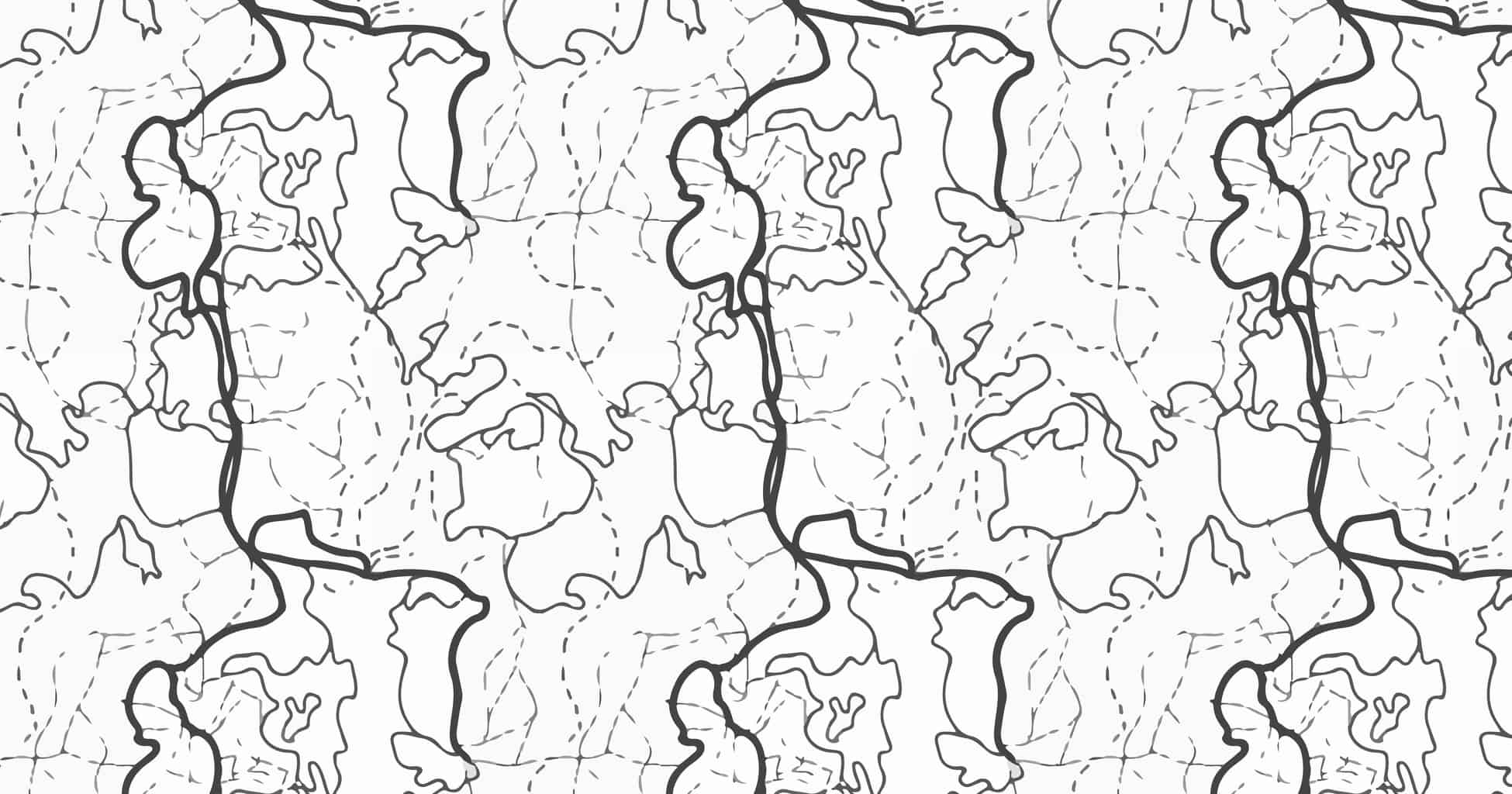Somalia
Somalia’s long-running armed conflict has been characterized by extremism, sectarian political violence, complex humanitarian crises, and piracy, and women have been disproportionately at risk of death and as targets of sexual and gender-based violence and displacement.
Based on the work of NGOWG members and their partners, the NGOWG advocates for women’s political participation, women’s meaningful and active participation in design and implementation of humanitarian responses, and strengthened mechanisms to prevent and respond to sexual and gender based violence.
Somalia
Somalia’s long-running armed conflict has been characterized by extremism, sectarian political violence, complex humanitarian crises, and piracy. Women have been disproportionately at risk of death, and as targets of sexual and gender-based violence and displacement.
Based on the work of NGOWG members and their partners, the NGOWG advocates for women’s political participation, women’s meaningful and active participation in design and implementation of humanitarian responses, and strengthened mechanisms to prevent and respond to sexual and gender based violence.
Current and Past Recommendations to the UN Security Council (Monthly Action Points)
In its renewal of the mandate of the African Union Mission in Somalia (AMISOM), the Council should add a provision calling for gender to be considered a cross-cutting issue in the implementation of its mandate. In addition, the Council must call on Somali authorities, AMISOM and United Nations Assistance Mission in Somalia (UNSOM) to ensure women and girls are protected from sexual violence, including sexual exploitation and abuse (SCR 2102 (2013), OP 11). The Council should, additionally, call on Somali authorities and mandate AMISOM and UNSOM to protect women politicians, journalists, human rights defenders and civil society leaders, and bring to justice perpetrators who target women leaders. Finally, the Council must also call on Somali authorities and AMISOM to ensure women, girls, boys and other non-combatant males are protected, and to provide safe passage to civilians during military offensives to recapture towns under Al-Shabaab control.
Relevant Resources






